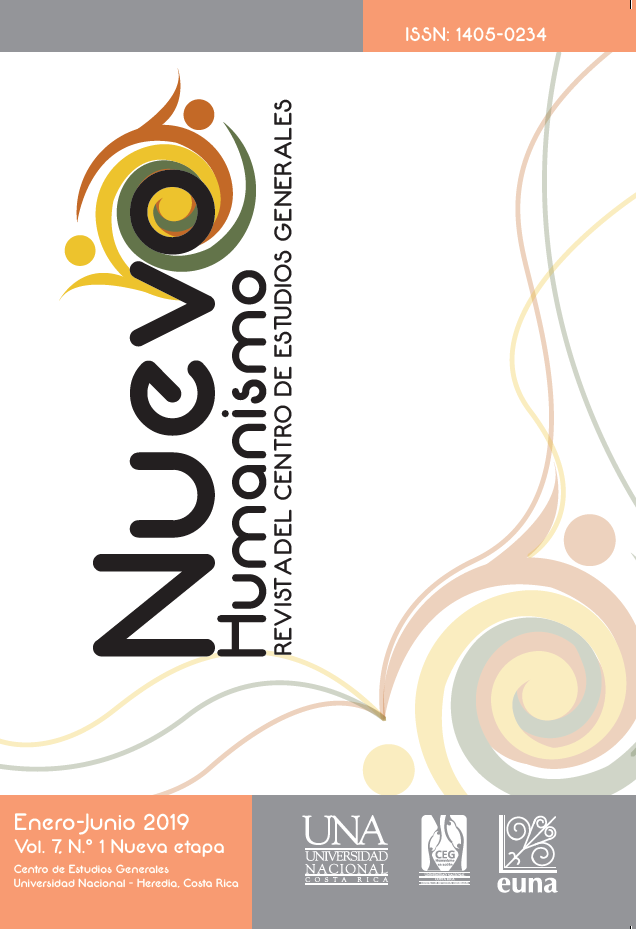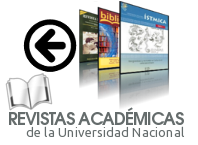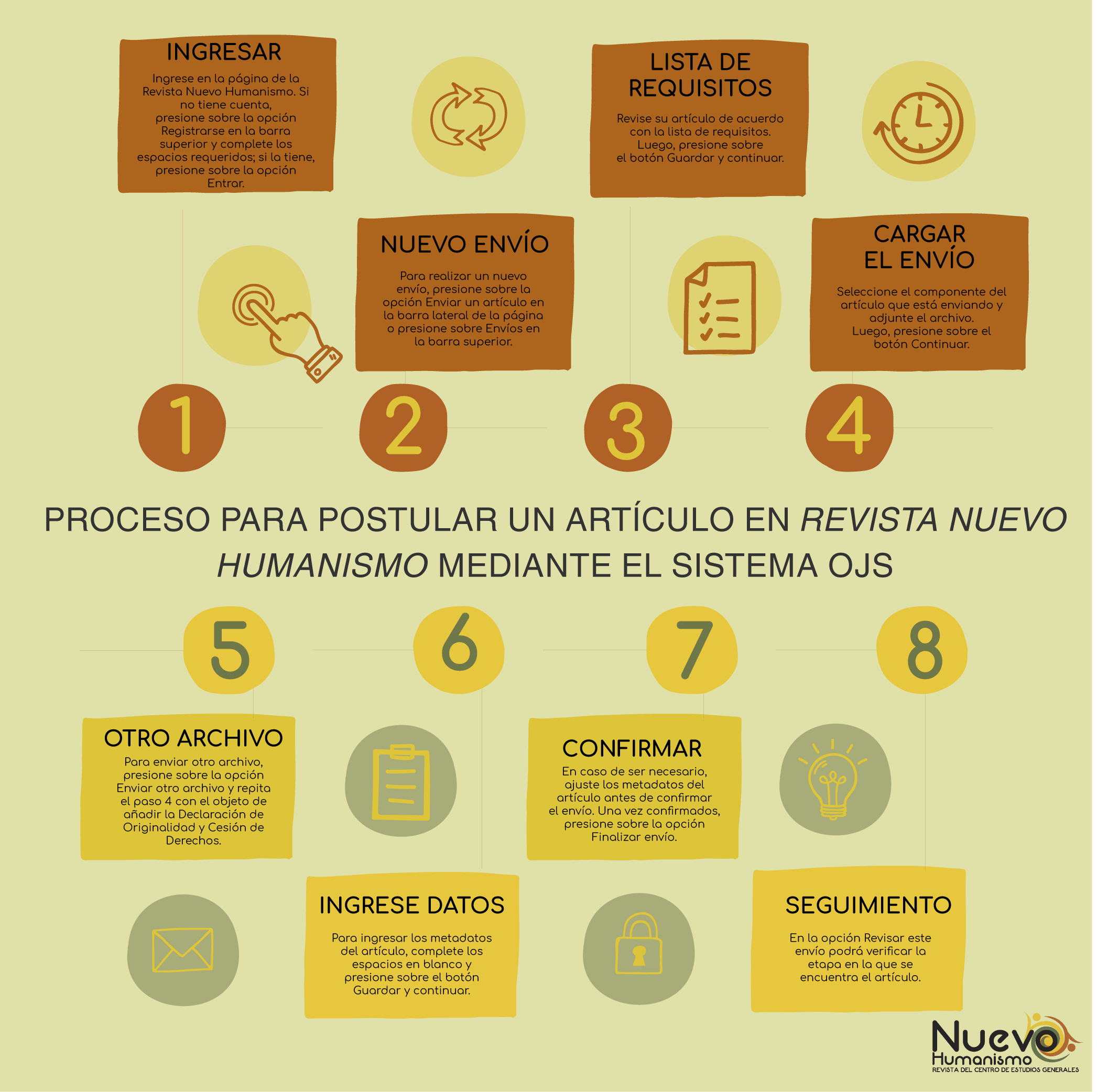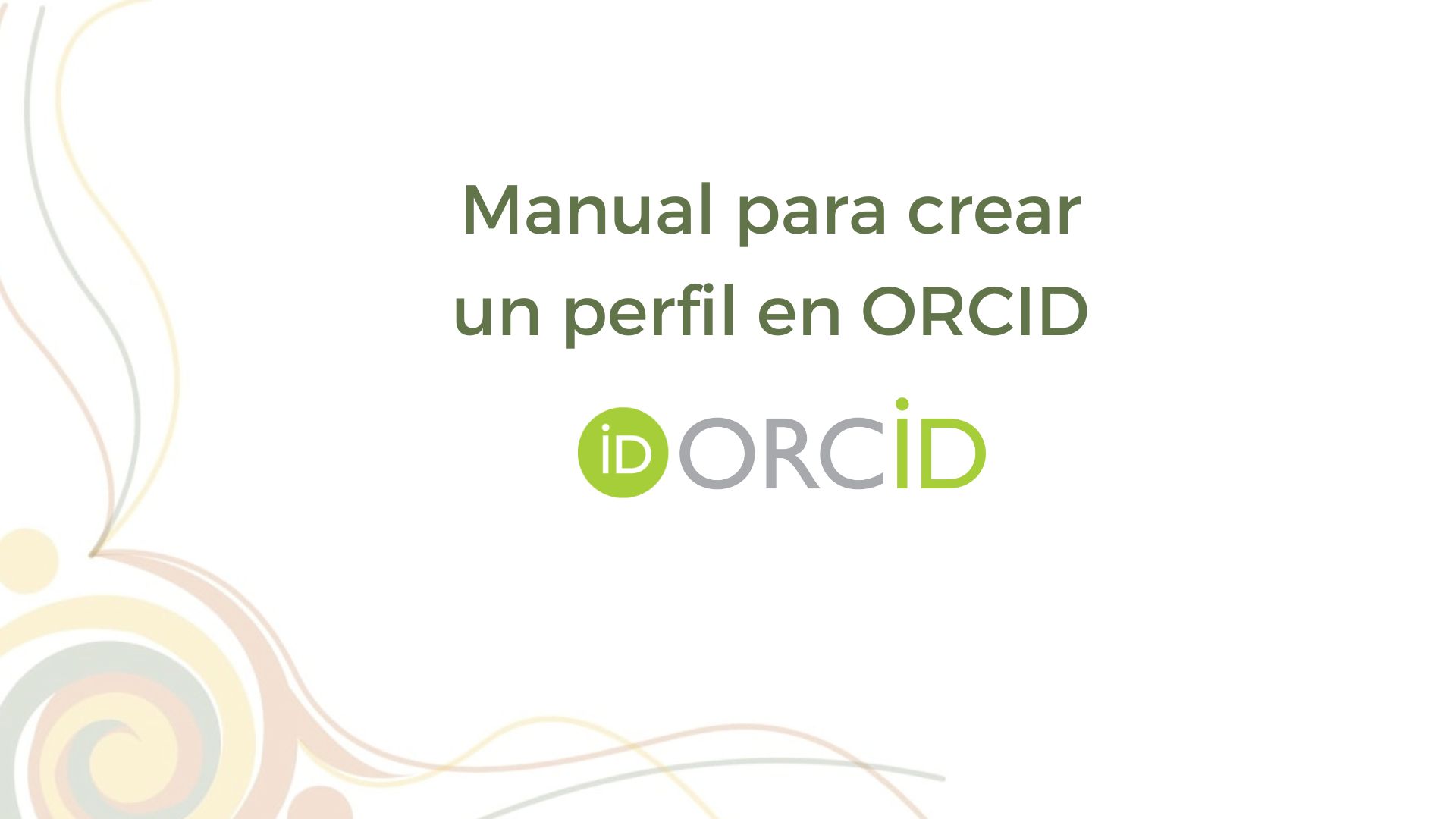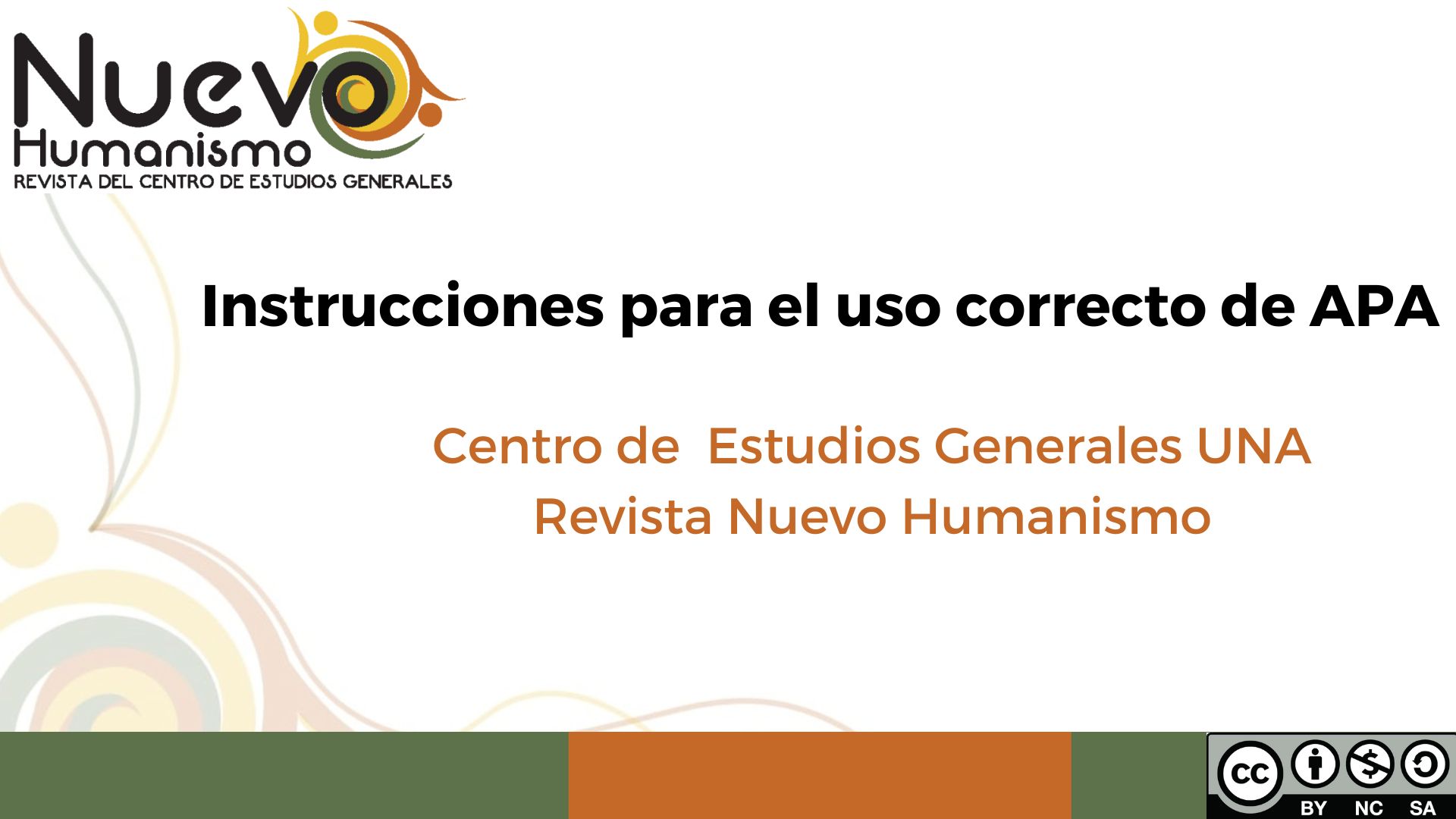El proyecto interdisciplinario: “Privados de Humanidad”
DOI:
https://doi.org/10.15359/rnh.7-1.1Keywords:
New Humanism, prisoners without humanity, interdisciplinarity, human rights, extreme marginalization, criminal universe, prison universeAbstract
This article aims to present the Interdisciplinary Project in Prison and without Humanity (PPH), an initiative oriented to contribute to the social self-emancipation, not so much from the "scourges" of crime and imprisonment, but from the root causes -and circumstantial ones as well- that have catapulted these two phenomena to be so prominent in our Latin American societies of today. The article seeks to describe a set of interactions between structural-systemic factors, specific elements of political, economic and cultural order, and the awareness of social subjects who live immersed in the phenomena that make up the system of criminality and the prison universe in the Latin America region of the 21st century. The project derived from the application of theoretical and methodological developments of the work of the Rolando García Chair of Humanism, Complexity, and Interdiscipline (CRG) (2015-2017) and the Ibn Khaldun Chair of New Humanism, Hypercomplexity, and Intergnosis (CIJ) (2018-2021). Its purpose was the construction of an interdisciplinary/intergnosis research process on the evolution of the phenomena of criminality and prison universe in the country and throughout the Latin American region. These phenomena occupy a central place in the most severe problems that afflict Costa Rica and Latin America in general, at present.
References
Baraona, M y Mora J. (2017). Hacia una epistemología del Nuevo Humanismo. San José, Costa Rica: Editorial de la Universidad Estatal a Distancia.
Baraona, M. y Herra E. (2016). Danzando en la bruma junto al abismo: Las cuatro crisis y el futuro de la humanidad. San José, Costa Rica: Arlekin.
Baraona, M. y Mata, E. (2015). Los Estudios Generales como pedagogía multidisciplinaria en vías a la interdisciplina. Revista Nuevo Humanismo, 3(1), 39 - 53.
De Souza Santos, B. (2009). Una epistemología del Sur. México. Siglo XXI.
Del Olmo, R. (1998). América Latina y su criminología. México: FCE.
Estado de la Nación. (2017). Segundo informe del Estado de la Justicia. Recuperado de: https://estadonacion.or.cr/segundo-informe-estado-de-la-justicia-2/
García, R. (2000). El conocimiento en construcción. De las formulaciones de Jean Piaget a la teoría de sistemas complejos. Barcelona: Editorial Gedisa.
García, R. (2006). Sistemas complejos. Conceptos, método y fundamentación epistemológica de la investigación interdisciplinaria. Barcelona: Editorial Gedisa.
Hikal, W. (2010). Las miserias de la criminología. Revista de Derecho y Cambio Social. México.
https://www.google.com/url?sa=t&rct=j&q=&esrc=s&source=web&cd=1&ved=2ahUKEwjIj8HZgcPeAhXOzlMKHSsEDnAQFjAAegQICRAC&url=https%3A%2F%2Fwww.estadonacion.or.cr%2Ffiles%2Fbiblioteca_virtual%2Fjusticia%2FCOMP LETO-2017.pdf&usg=AOvVaw1xa1-UnDxD_8a1sXCA6bPW
Insight Crime. (2017). El dilema de las prisiones: Incubadoras del crimen organizado en Latinoamérica. Recuperado de: https://es.insightcrime.org/investigaciones/el-dilema-de-prisiones-en-latinoamerica/
Instituto Nacional de Estadística y Censo (INEC). (2017). Desigualdad. Recuperado de http://www.inec.go.cr/pobreza-y-desigualdad/desigualdad.
Instituto Nacional de las Mujeres (INAMU). (2018). Proyecto de ley mejorará las condición de las mujeres en situaciones de vulnerabilidad en procesos penales. Recuperado de https://www.inamu.go.cr/proyecto-de-ley-mejorara-las-condicion-de-las-mujeres-en-situaciones-de-vulerabilidad-en-procesos-penales
Ministerio de Justicia y Paz (2017). Anuario estadístico 2017. Recuperado de http://www.mjp.go.cr/Home/Estadisticas
Morín, E. (1977) El método. España: Editorial Cátedra.
Morín, E. (1984). Ciencia con consciencia. Barcelona: Editorial Gedisa.
Morín, E. (1993). Introduction a la complexité. Paris: ATLANTECH.
Palma, C. (2018). Me puse a jugar de narco. Mujeres, tráfico de drogas y cárcel en Costa Rica. Editorial. Universidad de Costa Rica.
Puleo A. (2010). “Lo personal es político: El surgimiento del feminismo radical”. Teoría feminista: de la Ilustración a la globalización. Del feminismo liberal a la posmodernidad. pp. 35- 67. Comp. Amorós. C.
Piaget, J. y García, R. (1982). Psicogénesis e historia de la ciencia. México: Siglo XXI.
Sotolongo, P. y Delgado, J. (2006). La revolución contemporánea del saber y la complejidad social. Hacia unas ciencias sociales de nuevo tipo. Buenos Aires: CLACSO.
Von Bertalanflfy, L. (1968) General System Theory: Foundations, development, aplications. New York: George Braziller.
Von Bertalanflfy, L. (1975). Perspectives on General System Theory. Scientific-philosophical Studies.
Zafaronni, E. (2011). La cuestión criminal. Ciudad Autónoma de Buenos Aires: Editorial Planeta.

